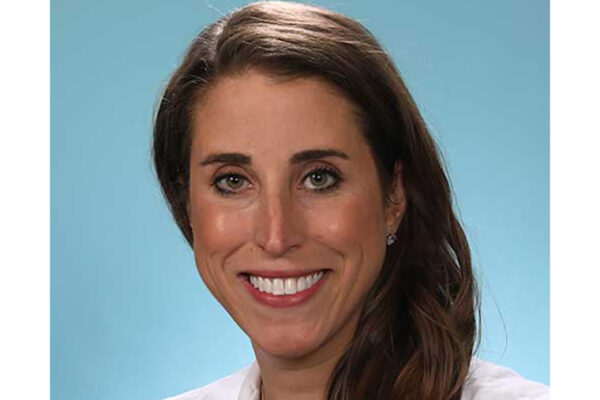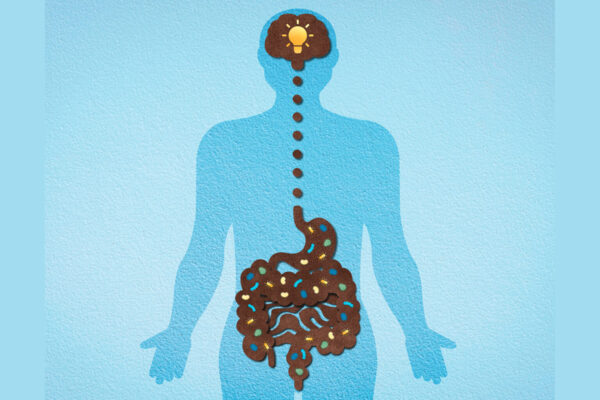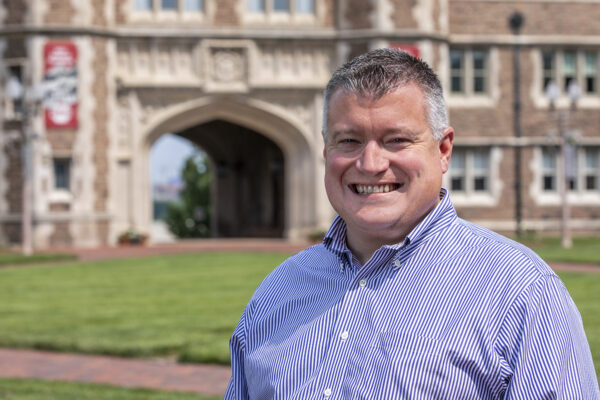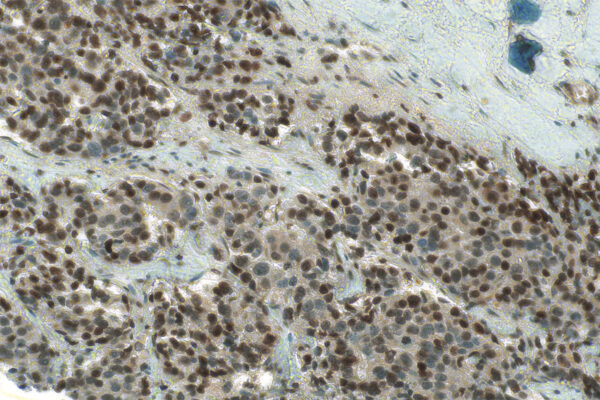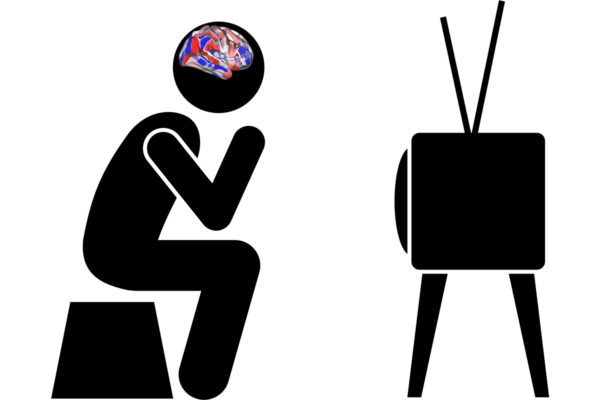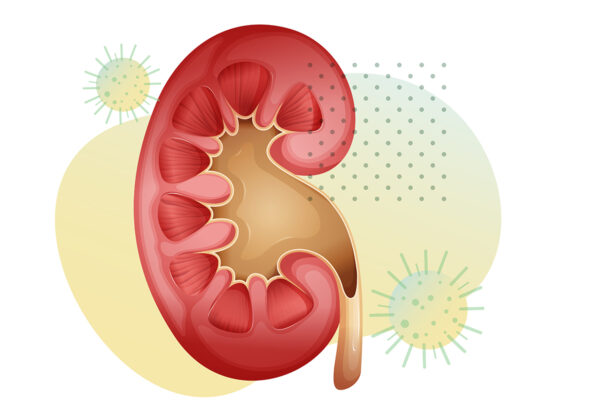Cooper to study spine development
John A. Cooper, MD, PhD, a professor in biochemistry and molecular biophysics at the School of Medicine, received a one-year $613,251 grant from National Institute of Mental Health, part of the National Institutes of Health (NIH).
Mullen to participate in NCI surgeon-scientist program
Maggie Mullen, MD, an assistant professor of obstetrics and gynecology at the School of Medicine, has been selected to participate in the National Cancer Institute’s 2023 Early-Stage Surgeon Scientist Program Cohort of Surgeon Scientists.
Tick-borne Bourbon virus infects people, wildlife in St. Louis area
Ecologist Solny Adalsteinsson, at the Tyson Research Center, and virologist Jacco Boon, at the School of Medicine, are part of a One Health team studying how tick-borne Bourbon virus spreads through the environment, wildlife and people.
Altered gut bacteria may be early sign of Alzheimer’s disease
A study by researchers at Washington University School of Medicine reveals that the bacteria that live in the gut change long before Alzheimer’s disease symptoms arise. The discovery could lead to diagnostics or treatments for Alzheimer’s disease that target the gut microbiome.
Maternal vitamin D deficiency increases lifetime diabetes risk in offspring
Researchers at the School of Medicine have identified a process in immune cells that links vitamin D deficiency during pregnancy to an increased risk of Type 2 diabetes in offspring.
Heleno named associate vice chancellor in finance office
Jon Heleno, former deputy controller at Columbia University, has been appointed associate vice chancellor for finance – planning and budgets at Washington University, announced Amy B. Kweskin, executive vice chancellor for finance and chief financial officer.
Study reveals how treatment-resistant prostate cancer provides its own hormonal fuel
A new study in mice led by School of Medicine researchers shows how prostate cancer creates its own hormonal fuel supply in response to anti-testosterone therapy. The study further suggests a strategy to block this process and potentially improve therapy options.
Children’s brain scans provide clues to processing of emotional cues
Washington University researchers found that how children’s brains process emotional cues typically is set by the time they are school age. They studied brain scans from hundreds of children ages 5 to 15 who watched videos that dealt with emotional topics.
06.07.23
Images from on and around the Washington University campuses.
Donated kidneys from deceased COVID-19 patients are safe to transplant
Kidneys from organ donors who were diagnosed with COVID-19 are safe to transplant and don’t transmit the virus to people who receive those organs, according to a new study led by researchers at the School of Medicine.
View More Stories

